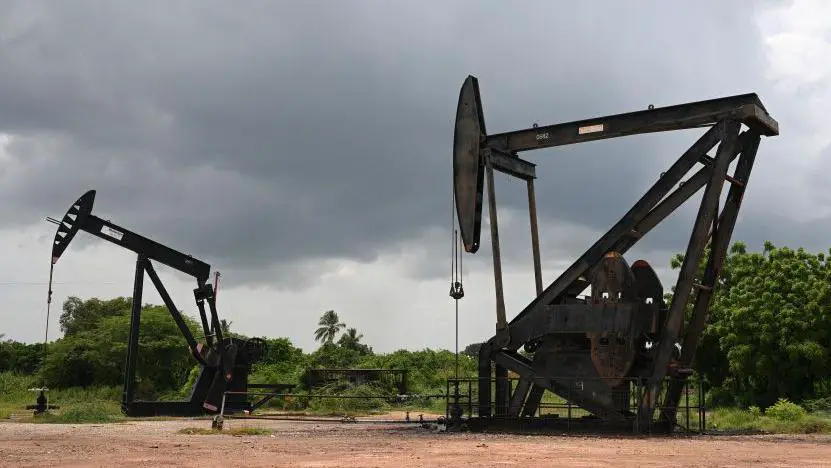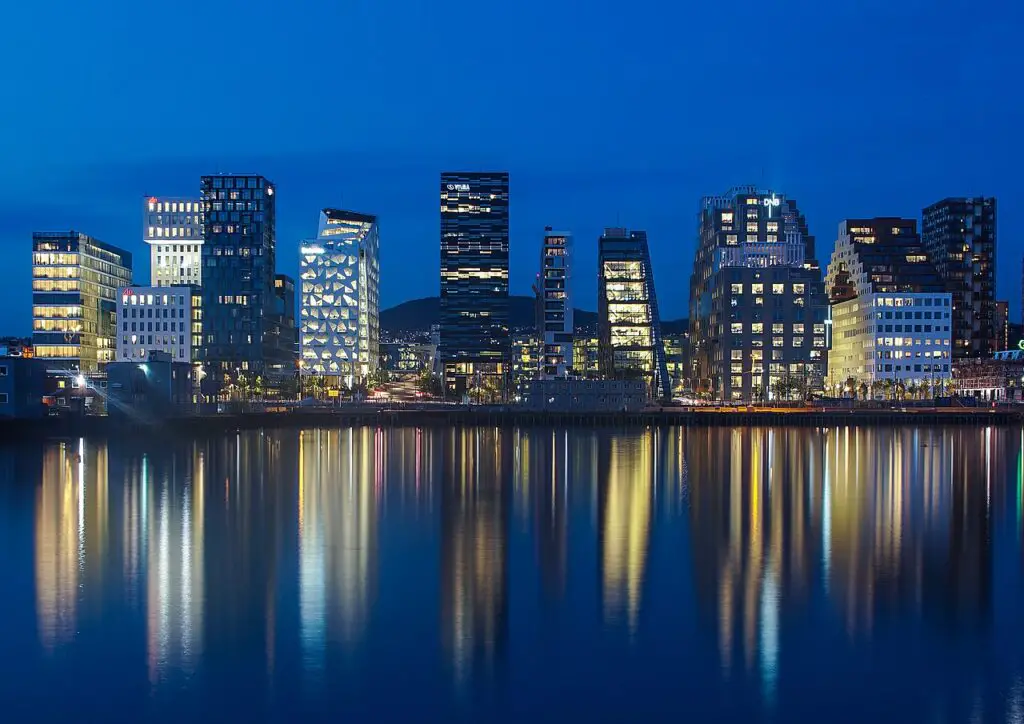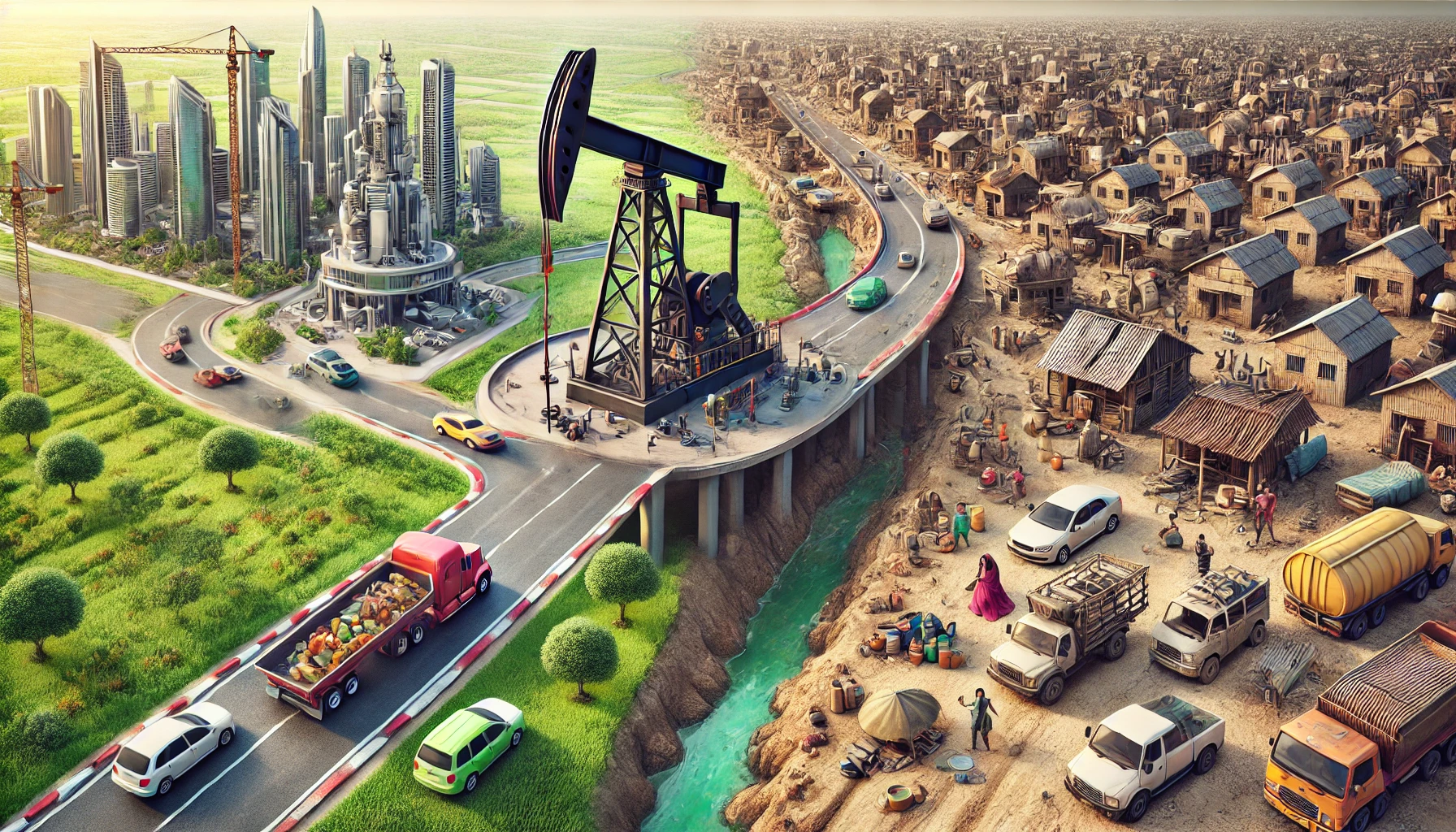Nature can be generous, but if history has taught us anything, it’s that some countries have a knack for turning blessings into disasters. Take oil, for example: Venezuela and Norway both struck liquid gold, but one ended up in economic ruin while the other built one of the world’s richest economies.
Now, Pakistan may not have much oil or gas (let’s be honest, we keep hoping to find some, but our drills mostly strike disappointment), but we do have a treasure trove of other resources. Fertile land? Check. Four glorious seasons? Absolutely. Majestic rivers flowing through the land? Oh yes. The best mangoes and oranges? You bet. A young and energetic population? We have that in abundance! Yet, despite all these blessings, our economy is doing an impressive impersonation of a sinking ship.
So, the real question is: Are we on the same doomed path as Venezuela, or can we pull off a Norway-style miracle? Let’s take a look.
Venezuela: When Oil Turns to Trouble
Venezuela, once a promising economy, now serves as a cautionary tale of what happens when bad decisions meet unlimited oil money. Here’s how they managed to take their wealth and drive it straight into an economic abyss:
1. Over-Reliance on Oil Revenues
Venezuela put all its eggs in one basket – oil. The government ignored agriculture, industry, and other key sectors, betting everything on oil exports. When oil prices were high, they partied like there was no tomorrow. When prices crashed, well… tomorrow arrived, and it wasn’t pretty.
2. Governance? What’s That?
Corruption, mismanagement, and an overconfident government turned Venezuela’s fortunes upside down. Instead of using oil wealth for long-term development, funds mysteriously disappeared. Infrastructure crumbled, public services collapsed, and the economy spiraled out of control.

3. Spent Like There Was No Recession
Rather than saving or investing oil revenues wisely, Venezuela spent lavishly. Social programs, subsidies, and grand projects were financed without thinking of the future. When oil prices fell, there was no safety net, only economic chaos.
4. Political Instability and Chaos
A rapidly shifting political landscape scared off foreign investors. Instead of attracting businesses, Venezuela became a case study in how to make investors run for the hills.
Lesson: Relying solely on one resource and mismanaging it is a recipe for disaster. Venezuela is now rich in oil but poor in everything else.
Norway: The Country That Did It Right
Norway also discovered oil, but instead of throwing a party, they put on their thinking caps and planned for the future. The result? A thriving, stable economy.
1. Diversification is the Key
Norway didn’t just sit back and let oil do all the work. They invested in multiple sectors—technology, education, fisheries, and renewable energy—ensuring that their economy didn’t crumble if oil prices dipped.
2. The Magic of the Sovereign Wealth Fund
Norway established the Government Pension Fund Global (also known as the Oil Fund), which takes oil revenues and invests them worldwide. Today, that fund is worth over $1 trillion. That’s right—one trillion dollars saved for future generations. Compare that to Venezuela, which couldn’t even save for next year.

3. Transparency and Good Governance
Norway operates with strict regulations and transparency. Every oil dollar is accounted for, and corruption is kept at bay. No one wakes up to find billions missing from the national treasury (something that sounds almost unbelievable to some countries!).
4. Environmental Responsibility
While oil is a big part of Norway’s economy, they also focus on sustainability, investing in green energy and minimizing environmental damage.
Lesson: Smart investments, transparent governance, and long-term planning turn natural resources into a blessing, not a curse.
Pakistan: A Different Kind of Resource-Rich Country
Now, let’s talk about Pakistan. We may not have oil gushing out of the ground, but we have something just as valuable—our land, rivers, agriculture, minerals, and most importantly, our people. Yet, despite all these resources, our economy is struggling. Why? Because we seem to be taking more inspiration from Venezuela than from Norway.
1. Are We Over-Reliant on a Single Sector?
Pakistan’s economy heavily depends on remittances from overseas Pakistanis, and much like Venezuela’s over-reliance on oil, this isn’t sustainable. Instead of strengthening industries, manufacturing, and technology, we’re hoping that expatriates will keep sending money back home. That’s not a long-term strategy—it’s wishful thinking.

2. Poor Governance and Corruption
Much like Venezuela, our economy suffers from mismanagement and corruption. Funds that should be invested in infrastructure, education, and public welfare often seem to vanish into thin air. If only we had Norway’s transparency, we’d be in a different place.
3. No Long-Term Planning
Norway planned for generations. Pakistan? We seem to plan only until the next election. No sovereign wealth fund, no long-term strategy, just short-term fixes that don’t last.
4. Political Instability and Investor Confidence
Foreign investors love stability. Pakistan’s ever-changing political landscape, sudden policy shifts, and bureaucratic red tape scare them away.
What Pakistan Must Do to Avoid the Venezuelan Trap
If Pakistan wants to succeed, we must learn from Norway’s disciplined approach, not Venezuela’s recklessness. Here’s what needs to be done:
- Diversify the Economy – Agriculture, technology, and manufacturing should be prioritized to reduce dependence on external remittances and imports.
- Create a Sovereign Wealth Fund – Any revenue from natural resources should be managed wisely for long-term growth.
- Ensure Good Governance – Transparency, accountability, and strong institutions must be the backbone of economic policy.
- Invest in Human Capital – A young workforce is our biggest asset. Education and skill development must be a top priority.
- Environmental Sustainability – Our rivers and agricultural lands must be protected while investing in renewable energy sources.
Final Thought: It’s N****ot Too Late
Pakistan is at a crossroads. We have all the ingredients for success, but we need to stop looking for shortcuts. Venezuela’s path is a warning; Norway’s path is a blueprint for prosperity. The choice is ours: do we learn from history, or do we repeat its mistakes?



